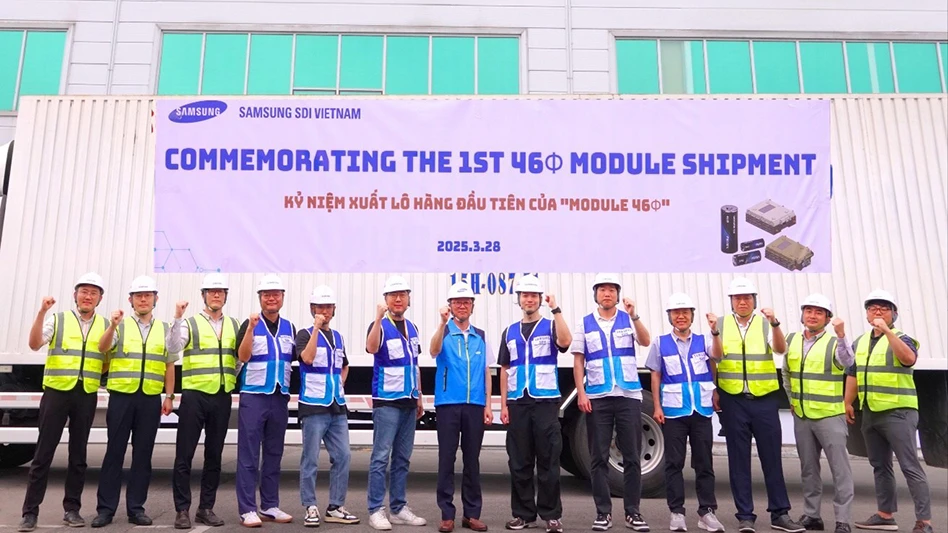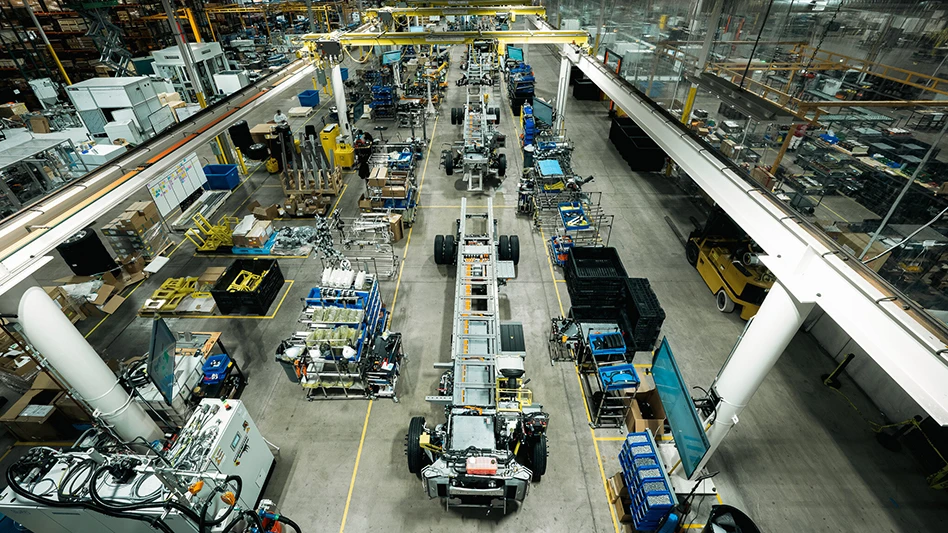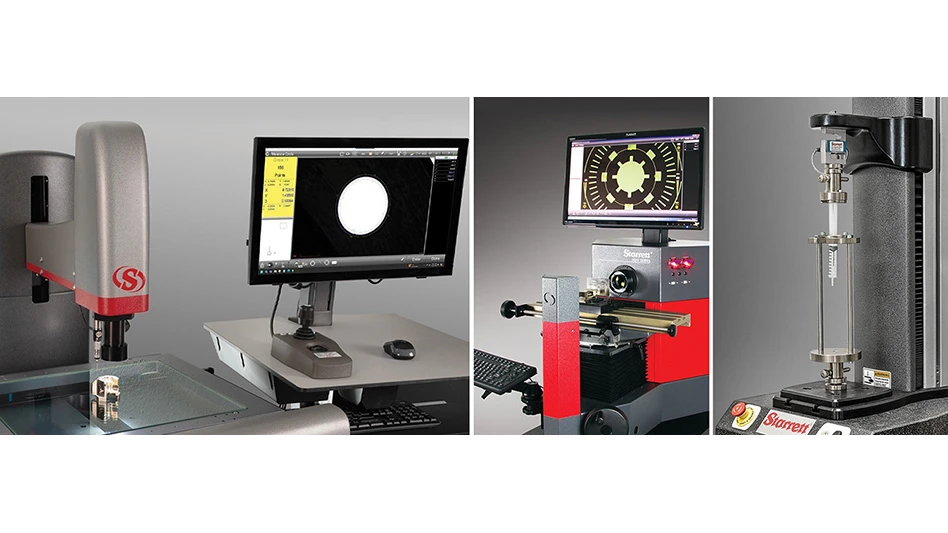
AdobeStock | 352611779
The electric vehicle (EV) revolution has completely reshaped the automotive industry, with global EV sales skyrocketing by some 233% over the past five years, according to the International Energy Agency (IEA). The United States has seen similar growth with a 52% jump in 2023, according to S&P Global. However, the infrastructure supporting that growth - namely, America’s network of public chargers - is struggling to keep pace, which is a leading factor in the slowdown of projected sales of EVs. In fact, according to a 2023 poll, more than half of Americans said they wouldn’t consider buying an EV, with 80% of respondents citing a lack of charging infrastructure. As for the existing network of public chargers, a system-wide lack of reliability continues to frustrate those already driving EVs, with one in every five charging attempts at public chargers failing. There has long been a lack of data supporting why these failures happen and how to fix the problem - until now.
ChargerHelp, the country’s leading Electric Vehicle Supply Equipment (EVSE)-dedicated operations and maintenance service provider, has conducted an extensive analysis of EV public charging infrastructure, offering a deeper dive into what’s causing nagging reliability issues. The findings of this analysis are presented in the report ChargerHelp Annual Reliability Report: The State of EV Charging and the Driver Experience, published in June 2024.
The report, which was reviewed and endorsed by professor Gil Tal, director of the Electric Vehicle Research Center at UC Davis, analyzed data from five primary sources: two complementary sets of first-party data from ChargerHelp’s direct EVSE O&M experience, third-party data from Paren, Inc., and public data from the U.S. DOE’s AFDC database, — each focused on public charging infrastructure. In total, the report analyzed more than 19 million individual data points.
“After pulling data for four years from 20,000 chargers, we identified key areas where the public charging system can be improved to better meet the needs of today’s EV driver,” says Kameale Terry, co-founder and CEO of ChargerHelp. “For the EV market to continue to flourish, we need to work to ensure true uptime is the norm through a standardized and more synchronized approach to data, maintenance and communication networks.”
“Researchers at the UC Davis Electric Vehicle Research Center have studied the charging experiences of EV drivers over many years, identifying charging reliability as a major barrier to creating a dependable network capable of supporting long trips, similar to gas cars,” says Tal. “Ensuring that EV drivers can travel without worrying about charging reliability is crucial for mass adoption. This study is an important step in understanding the technical difficulties and developing solutions to overcome them. ChargerHelp, a company specializing in the maintenance and repair of various chargers across multiple states, is well-positioned to evaluate the data and produce a reliable report with strong action plans for policymakers and the industry.”
While the report cites a wide swath of issues, a startling lack of interoperability (the compatibility of key system components—vehicles, charging stations, charging networks, and the grid—and the software systems that support them, allowing all components to work seamlessly and effectively) stands out as the overarching threat to system reliability and broader EV adoption in the United States.
The report highlights several key findings:
- True uptime vs. reported uptime: Actual EV charger uptime falls short of self-reported figures, with software often overestimating station functionality, affecting driver confidence.
- Reliability variations: Charger reliability varies widely by state and network, with older infrastructure and certain networks experiencing higher rates of downtime.
- Targeted repairs and standardization: A number of problem stations require multiple repairs, significantly impacting overall reliability. Standardized reliability metrics are crucial for improving uptime.
In response to these findings, the report offers a set of recommendations aimed at improving EVSE reliability and enhancing the charging experience for EV drivers:
- Ensure data accessibility
- Measure uptime effectively with standardized data reporting protocols
- Allocate O&M Specific funding to maintain and renew EVSE infrastructure
- Implement comprehensive warranty coverage and standardized troubleshooting protocols
- Promote leading practices and expand technician training and certification
For more information and to access the full report, visit here.
Latest from EV Design & Manufacturing
- ChargePoint develops high-speed AC Level 2 electric vehicle charging capabilities
- Vibracoustic designs air springs suited to electric pickup trucks
- #57 - Manufacturing Matters - Agile & Robust Supply Chain Management with Lisa Anderson
- Electric motor prototype addresses issues related to environmental impact of EV materials
- Take control of your manufacturing business despite supply chain turmoil
- Strengthening the defense maritime industrial base for national security, economic resilience
- Researchers discover surprising method of improving supercapacitor lifespan
- Register now to learn solutions for high-temperature aerospace machining challenges





